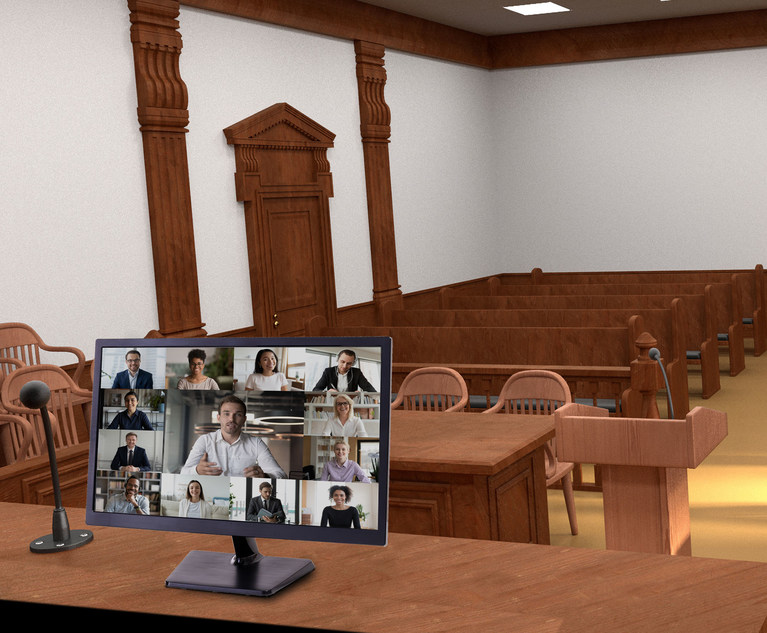In this series, we have explored the future of remote proceedings in the post-pandemic era and the extent to which existing legal frameworks and party preferences might complicate their incorporation into the litigation process. We observed that when the litigation process leaves it in the hands of the parties to decide whether to conduct a proceeding in person or virtually, there are likely transaction costs in negotiating and resolving that issue that can undercut whatever efficiencies might be gained from increased reliance on remote alternatives.
In previous installments, we considered whether and how these transaction costs might manifest in the context of remote pretrial proceedings—where party choice is low—and remote depositions—where party choice is high. For this final installment, we turn to remote trials, which fall somewhere in the middle of the spectrum between the two.
 Michelle M. Bufano. Courtesy photo
Michelle M. Bufano. Courtesy photo


 (Photo Illustratio: Jason Doiy/ALM)
(Photo Illustratio: Jason Doiy/ALM)





